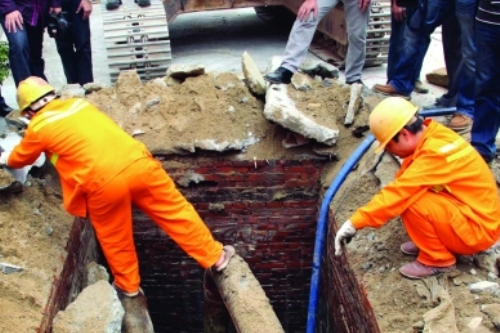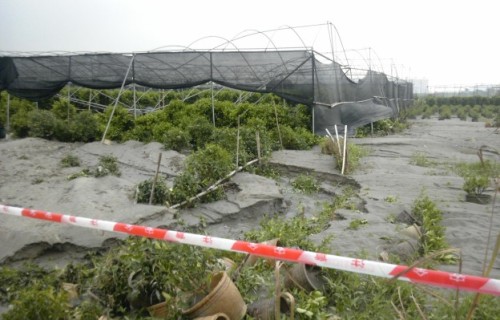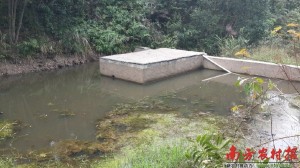Xintang Pirates Steal Water For 10 Years, Worth RMB 10M
Posted: 04/18/2014 7:05 pm
You wouldn’t charge money from a river for flowing, would you? Now, what if the river was flowing through your house? And you changed the direction of the river to do that? Is it so wrong to stand fast in the stream as the current washes over you?
Pirates in the village of Dadun, Zengcheng District have been stealing water for 10 years by tapping into the village’s water main, Nandu reports. And this isn’t just a small drop in the bucket — water worth 10 million yuan has been reportedly stolen in a case that implicates half of the village, police say.
When repairing a water main that broke on January 5, workers found five unauthorized pipes that were tapped into the city water source, prompting an undercover police investigation.
It was discovered that Mr Lu, a village committee member in charge of waterworks, and five other people had organized the act of piracy. They blocked off the main gate to the Residential Security Committee building in order to conceal themselves and dig access to the water main.
After getting arrested on March 28, the group admitted they have made similar jobs at two other locations in the village. Besides used by several laundry-washing factories, the water was offered to village residents at rates comparable to those of the water company.
Photo: Nandu














